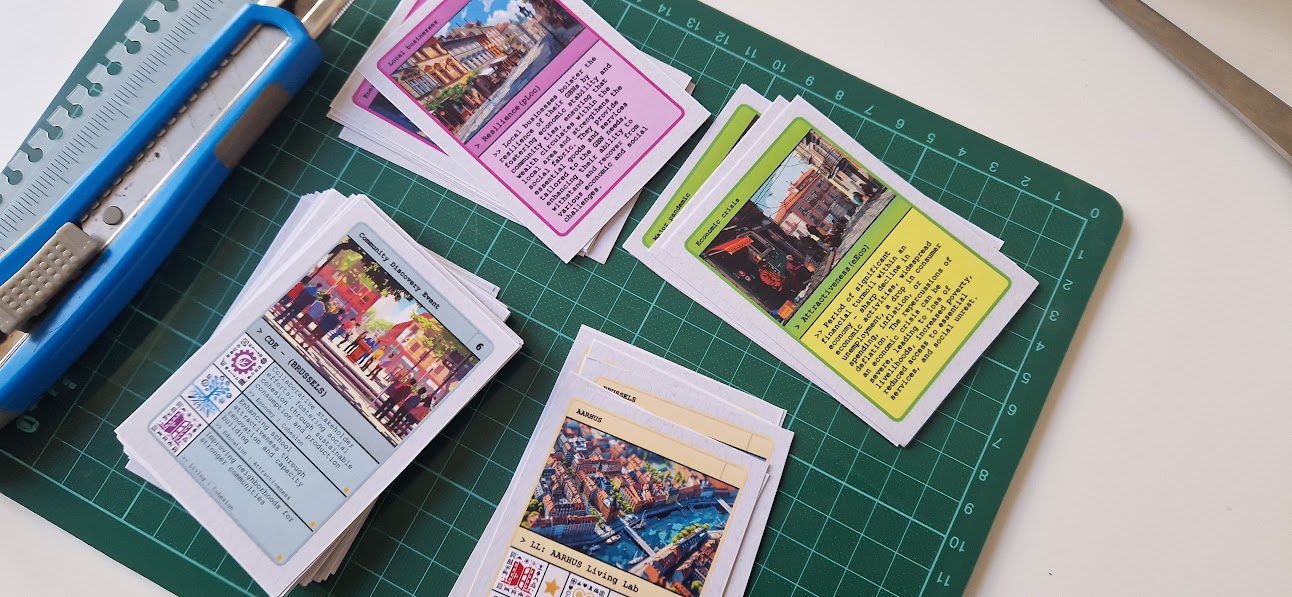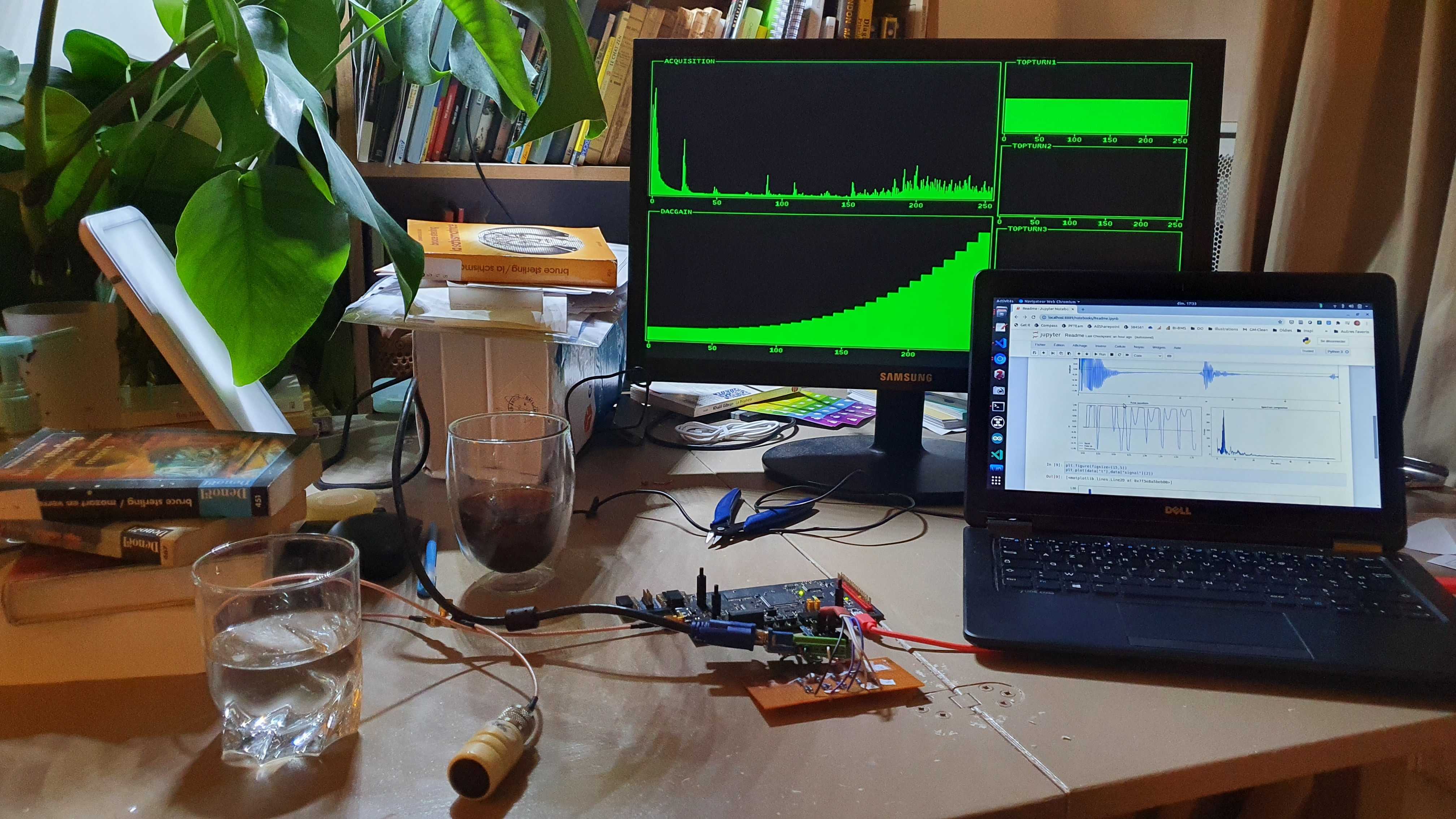ISO 37101 cards
Learning standards while playing cards

Introducing the “GBN Cards Game”: A Fun Way to Learn About Sustainable Urban Development
In a creative blend of education and entertainment, the “GBN Cards Game” emerges as a novel approach to understanding the principles of sustainable urban development, specifically through the lens of the ISO 37101 standard and the concept of Green Building Neighbourhoods (GBNs). This game, designed with the dual purpose of educating and engaging its players, offers a unique pathway to grasp complex sustainability concepts in an interactive and enjoyable manner.
The Essence of GBN Cards Game
The GBN Cards Game is more than just a game; it’s an educational tool that brings to life the intricate details of the ISO 37101 standard, which provides a framework for sustainable development in communities. By focusing on GBNs, the game delves into the aspects of designing, building, and maintaining environmentally friendly and sustainable neighbourhoods. Through the playful medium of card gaming, players are introduced to the multifaceted components of green building and urban planning, making the learning process both immersive and memorable.
Gameplay Mechanics and Learning Outcomes
At the heart of the GBN Cards Game is a set of carefully designed cards, each representing different elements of the ISO 37101 standard and green neighbourhood concepts. The game is structured to guide players through various scenarios and challenges related to sustainable urban development, encouraging them to make decisions that reflect the best practices in green building.
Strategic Decision-Making
Players are tasked with creating their own sustainable neighbourhoods, using the cards to plan, develop, and manage their areas. The game emphasizes strategic decision-making, requiring players to balance environmental considerations with social and economic factors, mirroring the real-world challenges of urban planning.
Collaboration and Discussion
The game encourages collaboration among players, fostering discussions about sustainability, the importance of green spaces, energy efficiency, and the role of communities in promoting environmental stewardship. These discussions not only enhance the gameplay experience but also deepen the players’ understanding of the concepts being presented.
Educational Benefits
The GBN Cards Game stands out as an innovative educational tool, offering several benefits to its players:
- Engagement: By gamifying the learning process, the game captures the interest of players, making the exploration of sustainability in urban development engaging and fun.
- Practical Understanding: Players gain practical insights into the application of ISO 37101 standards and the complexities involved in planning and maintaining green neighbourhoods.
- Awareness: The game raises awareness about the critical need for sustainable practices in urban planning, highlighting how individual actions and decisions can contribute to broader environmental goals.
Target Audience
While the game is designed with a broad appeal in mind, it is particularly beneficial for:
- Students and Educators: As an educational resource in environmental studies, urban planning, and related fields.
- Urban Planners and Architects: As a creative tool to explore sustainable urban development concepts.
- Environmental Enthusiasts: For anyone interested in sustainability and green living practices.
Conclusion
The GBN Cards Game is a testament to the power of innovative educational tools in fostering understanding and awareness of critical global issues like sustainability and green living. By merging the fun of card games with the seriousness of sustainable urban planning, it offers a unique and impactful way to learn about and discuss the principles underlying the ISO 37101 standard and the concept of Green Building Neighbourhoods.
Players will navigate the challenges and strategies of building sustainable communities, they not only enjoy the game but also carry forward valuable lessons into their personal and professional lives, contributing to a greener, more sustainable future.


